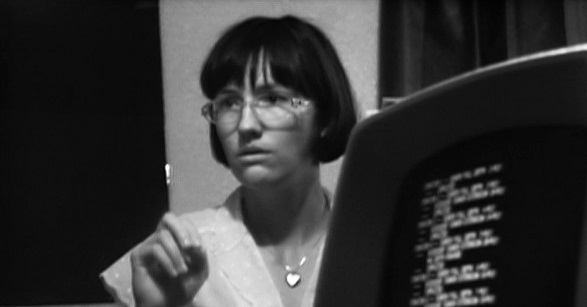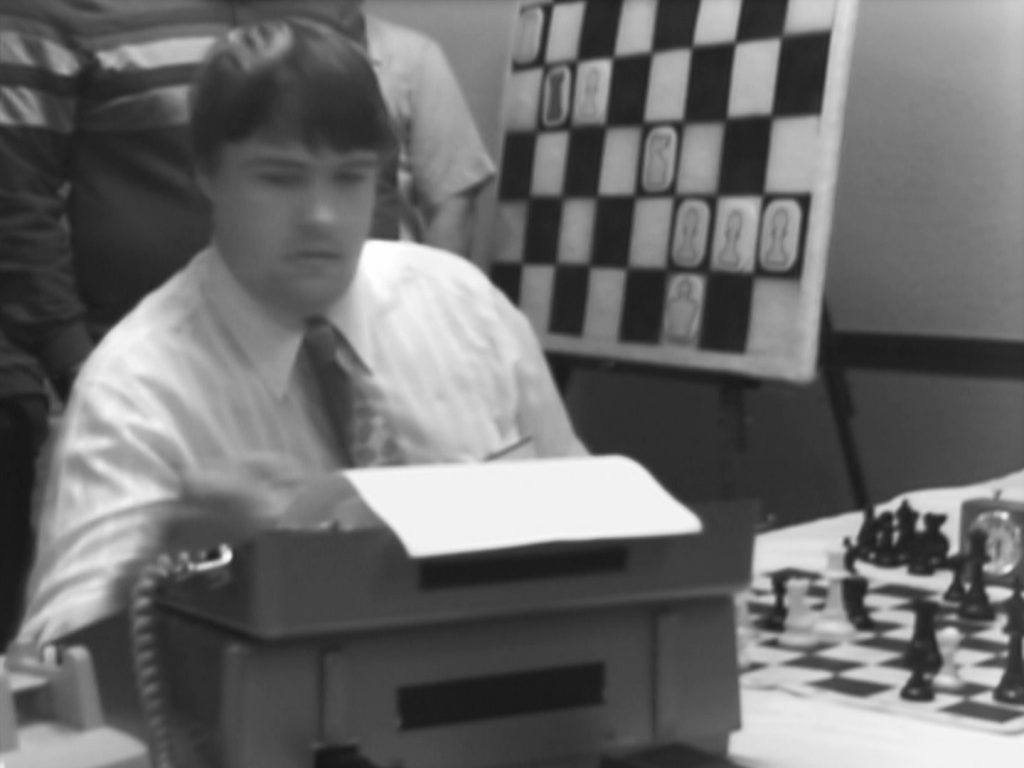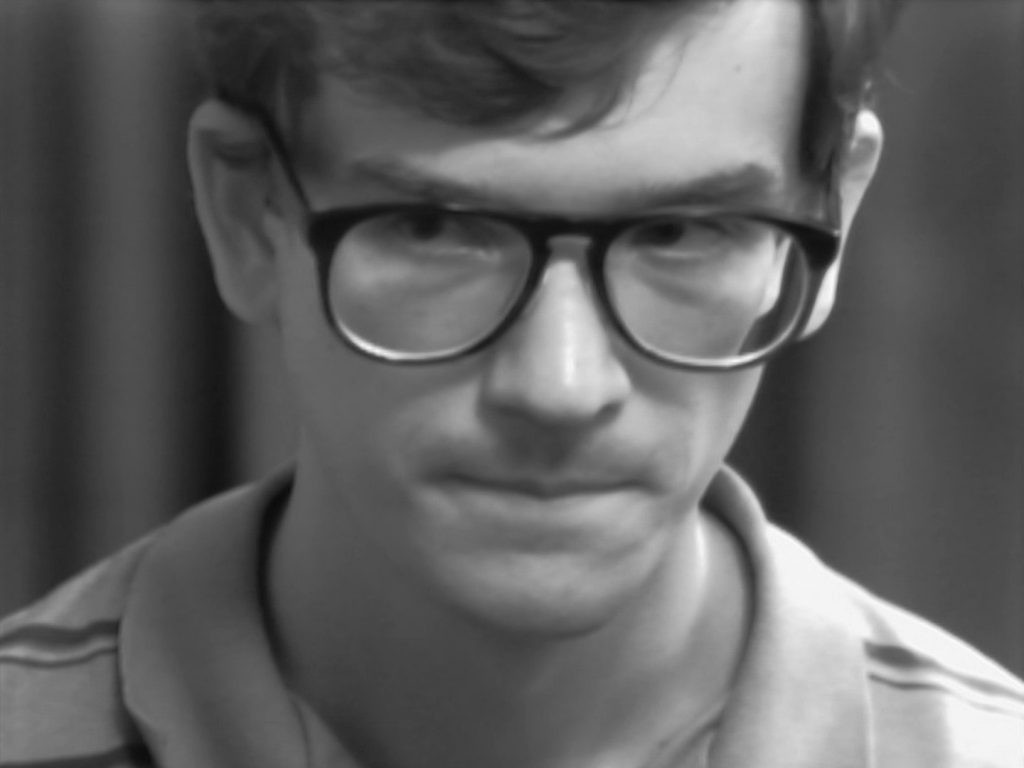Andrew Bujalski‘s Computer Chess stages its titular tournament at the dawn of the 1980s, when personal computers were just about to initiate the digitization of everyday human existence, which, from the smartphones that deliver our personal data to the NSA to the screen that currently locks your gaze, is a condition so familiar to us that we stop noticing its horrifically uncanny qualities. While Bujalski’s film initially presents itself as a parodical depiction of programming geeks coding their way towards mastering technology, it eventually reveals a counter-agenda, as one computer seems to develop sentience and turn the tables on its overseer. The film poses a crucial question of our time: in the face of all the technology we have surrounded ourselves with to mediate and control our existence—to the point that it effectively controls us—where does our humanity lie?
Bujalski ties this inquiry to a parallel probe into what defines his own filmmaking practice, most notably by breaking from the lovely 16mm textures of his previous features and adopting a black-and-white analog video contemporaneous with the story’s era. While many generally find this to be but one endearing facet in a film rife with quirks, The New Yorker’s Richard Brody sees a deeper significance in relation to contemporary filmmaking that Bujalski, a longtime devotee to celluloid, must contend with: “The way that movies are imagined, made, seen, and discussed now depends on computers….With its look at the primordial affect of the digital realm, Computer Chess searches for the roots of the aesthetic—and the world view that it embodies.”
As part of this search, Bujalski also ditches his past films’ distinctive long takes that registered the emotional nuances of spaces between people. Here he adopts a mockumentary style with a flippant tone that courts buffoonery, coming dangerously close to one of those awful Christopher Guest circle jerks from a decade ago. These goofball elements may be attempts to draw a more mainstream appeal, but I find them to be cosmetic attractions compared to what I think is the new development most crucial to Bujalski’s body of work: his embrace of glitch.
Bujalski has long been interested in the role of faux pas and error in revealing underlying truths to human social interaction, frequently demonstrated in his brilliantly awkward dialogues and registers of discomfort in his characters’ body language. In the past, he’d let his film camera commemorate these improprieties with documentary impassivity, but in Computer Chess these transgressions have infiltrated the very texture of his cinema. The film is rife with blunders and breakdowns of various kinds, from dialogue to cinematography to the sound mix.
When I first watched Computer Chess, I found these moments to be an aggravating, seemingly amateurish regression from the studied craft of his earlier films. But now I find them to be the most compelling aspects of the film, the seismic fault lines where Bujalski is coming to terms with his filmmaking, as it finds itself increasingly implicated in an all-consuming dystopia of bits and bytes. These moments in Computer Chess suggest that the saving grace of cinema, and of humanity, may lie in the liberating power of fucking things up.






